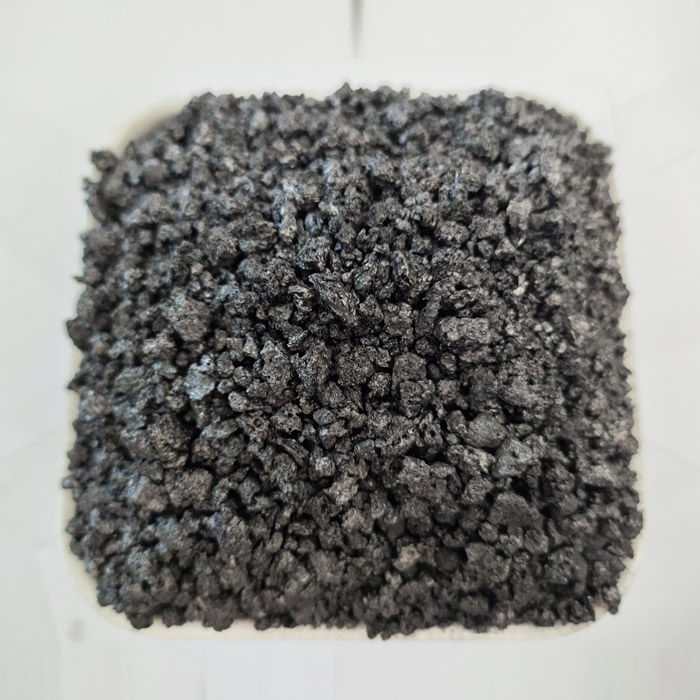ഡിസം . 13, 2024 14:43 Back to list
best pipe insulation material
The Best Pipe Insulation Materials A Comprehensive Guide
When it comes to home efficiency and energy conservation, one often overlooked area is pipe insulation. Proper insulation of pipes not only helps maintain temperature but also prevents condensation, reduces noise, and minimizes energy costs. With a variety of materials available, choosing the best pipe insulation material for your needs can be a daunting task. This article will explore the most effective pipe insulation materials, their properties, and the scenarios in which they excel.
1. Foam Insulation
Foam pipe insulation is one of the most popular choices among homeowners and professionals alike. Typically made from polyethylene, this type of insulation comes in pre-slit tubes that are easy to install. Foam insulation is highly effective for both hot and cold pipes, providing excellent thermal protection and preventing condensation on cold water pipes.
Advantages - Lightweight and easy to handle. - Provides a smooth surface that is resistant to moisture. - Cost-effective compared to other materials.
Best Use Cases - Ideal for residential plumbing applications, particularly in areas subject to freezing temperatures.
2. Fiberglass Insulation
Fiberglass pipe insulation consists of a layer of fiberglass wool encased in a protective jacket. This material is known for its high-temperature resistance and is particularly suitable for hot water pipes and steam lines. Fiberglass insulation can withstand temperatures ranging from -20°F to 1000°F (-29°C to 538°C), making it versatile for various industrial and residential applications.
Advantages - Excellent thermal performance in high-temperature environments. - Non-combustible and resistant to fire. - Available in different densities for varying levels of insulation.
Best Use Cases - Primarily for high-temperature steam systems, as well as HVAC duct insulation.
3. Rubber Insulation
Rubber pipe insulation is another effective option, especially known for its durability and flexibility. Unlike other materials, rubber insulation is self-sealing and can easily fit over existing pipes, making installation straightforward. It can work well for both cold and hot pipes and offers good resistance against moisture, making it an excellent choice for environments where condensation control is essential.
best pipe insulation material

Advantages - Flexible and easy to install. - Resistant to moisture, mold, and mildew. - Good thermal performance in a variety of applications.
Best Use Cases - Great for chilling and heating applications, particularly in areas with high humidity.
4. Mineral Wool Insulation
Mineral wool (or rock wool) insulation is made from natural or recycled materials and is known for its excellent sound-dampening properties. This makes it a top choice for areas where noise reduction is a priority. It also provides good fire resistance and is generally non-combustible.
Advantages - Exceptional soundproofing capabilities. - Fire-resistant and resistant to moisture. - Environmentally friendly option.
Best Use Cases - Ideal for commercial settings, particularly in walls and roofs, where noise reduction is essential.
5. Aerogel Insulation
For those looking for cutting-edge technology in insulation, aerogel is an innovative material worth considering. Known as one of the best insulating materials available, aerogel provides high thermal resistance and is extremely lightweight. While it is on the pricier side, its performance can justify the investment, particularly in specialized applications.
Advantages - Extremely low thermal conductivity. - Lightweight and highly efficient. - Space-saving due to its thin profile.
Best Use Cases - Perfect for applications requiring minimal space while maximizing thermal protection, such as in industrial settings.
Conclusion
Choosing the best pipe insulation material depends on your specific needs, including the types of pipes, temperature ranges, and environmental conditions. Foam, fiberglass, rubber, mineral wool, and aerogel each offer unique advantages suited for different scenarios. In many cases, a combination of materials may be necessary for optimal results. Assessing your situation accurately will lead to a well-insulated home or facility that promotes energy efficiency, reduces costs, and enhances comfort. With the right insulation, you can protect your pipes and contribute to a more sustainable environment.
-
Eco-Friendly Granule Covering Agent | Dust & Caking Control
NewsAug.06,2025
-
Fe-C Composite Pellets for BOF: High-Efficiency & Cost-Saving
NewsAug.05,2025
-
Premium Tundish Covering Agents Exporters | High Purity
NewsAug.04,2025
-
Fe-C Composite Pellets for BOF | Efficient & Economical
NewsAug.03,2025
-
Top Tundish Covering Agent Exporters | Premium Quality Solutions
NewsAug.02,2025
-
First Bauxite Exporters | AI-Optimized Supply
NewsAug.01,2025
